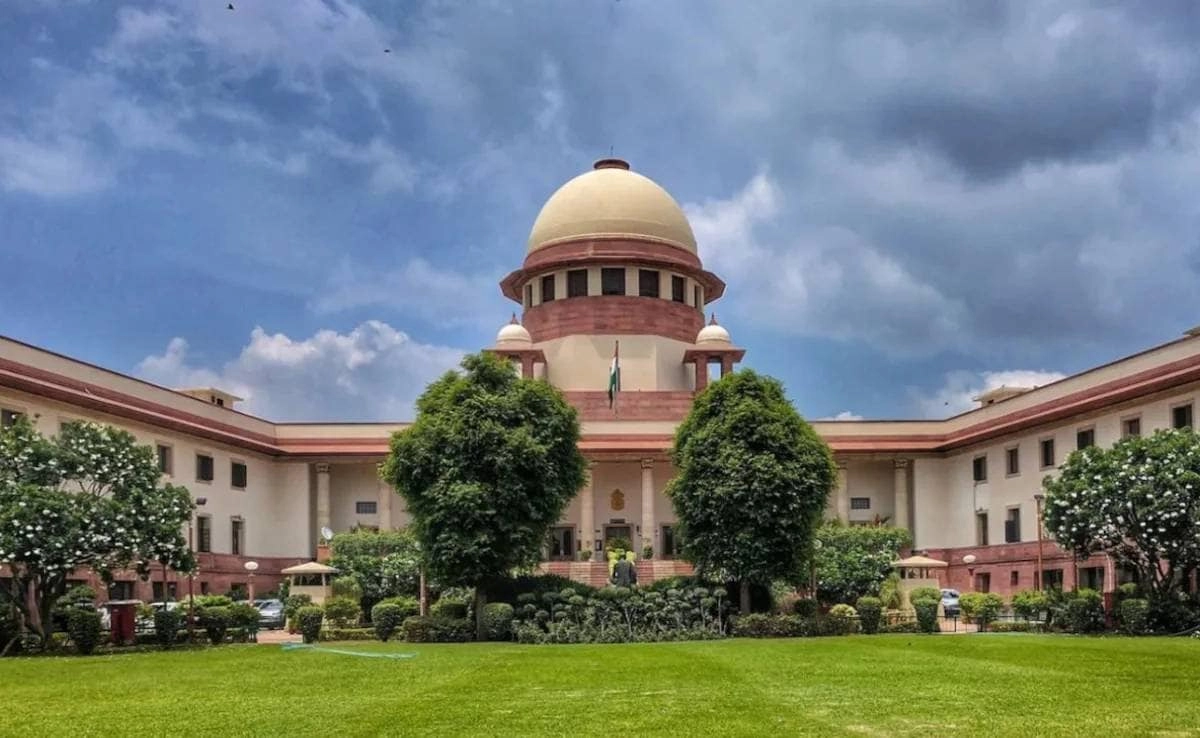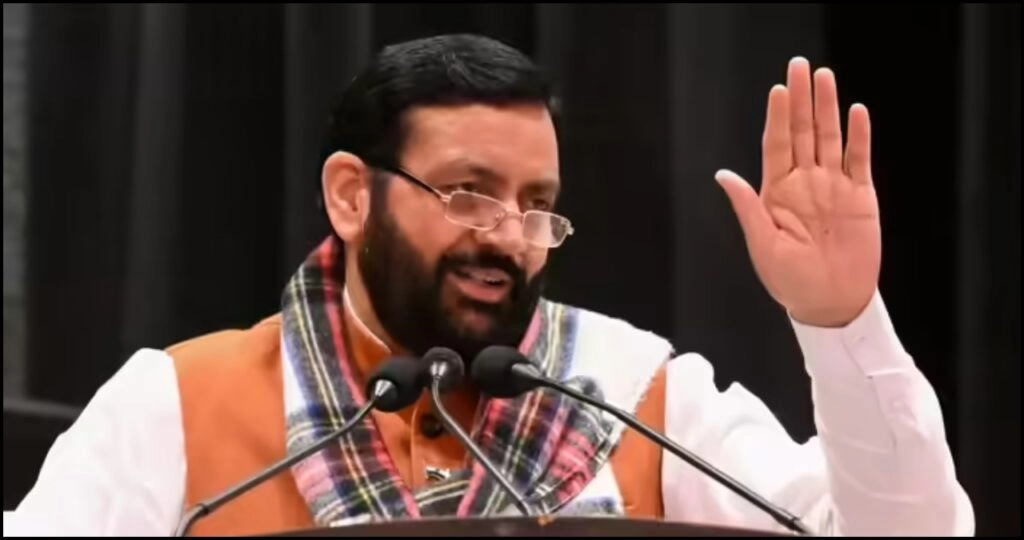The Bharat Rashtra Samithi (BRS) is currently facing a cloud of uncertainty and apprehension regarding the fate of its Members of the Legislative Assembly (MLAs) who have recently switched allegiances to other political parties. This concern has intensified in light of a Supreme Court deadline that mandates the swift resolution of cases related to the defection of elected officials. While the apex court’s intervention aims to uphold the integrity of the electoral process and curb political opportunism, the BRS is wary of the implications these developments could have on its stability and governance.
The party’s unease stems from the vulnerability of its MLAs, who may be at risk of disqualification under the anti-defection law if their party affiliation is challenged. The Supreme Court’s directive has created an atmosphere of urgency, prompting the BRS leadership to strategize on how to retain its members and mitigate potential losses. The fear of losing key legislators not only threatens the party’s legislative strength but also its ability to implement crucial policies and initiatives. As BRS navigates this precarious situation, the leadership is likely to engage in discussions aimed at reinforcing party loyalty and addressing the grievances that may have motivated the defections.
Additionally, the political landscape in India is highly dynamic, with shifting alliances and the ever-present risk of opportunistic behavior by elected officials. The BRS’s apprehension is further compounded by the possibility of rival parties capitalizing on this situation to strengthen their own positions. This scenario calls for a robust response from the BRS, which could include outreach efforts to reconnect with its base, bolster party unity, and reaffirm its commitment to the electorate. As the deadline set by the Supreme Court looms, the party’s future could hinge on its ability to respond effectively to these challenges and maintain its legislative cohesion.
In conclusion, the BRS’s current predicament highlights the complexities of Indian politics, where the balance of power can shift rapidly due to individual actions of MLAs. The Supreme Court’s involvement serves as a crucial mechanism to uphold democratic principles, yet it also places additional pressure on political parties to ensure their members remain loyal. As the BRS grapples with these issues, it stands at a crossroads, needing to reinforce its internal solidarity while also preparing for a potentially contentious political landscape ahead.




